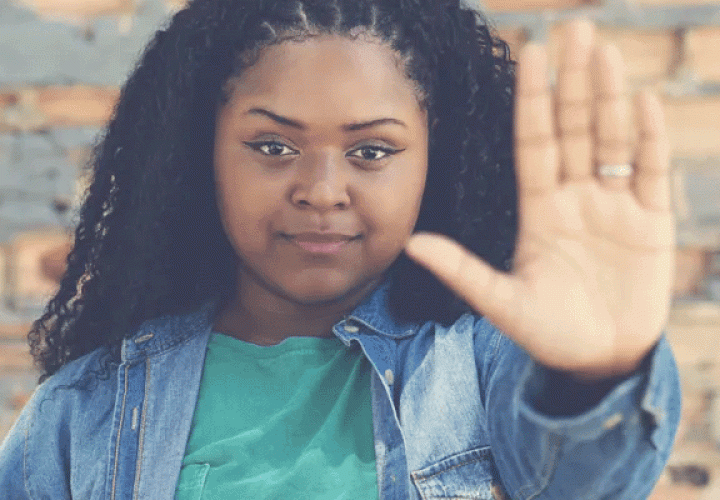By: Sarah Gedeon, MSW
What is Black Femicide?
Black femicide is a term coined by Rosa Page, an Arkansas-based nurse and the founder of Black Femicide U.S., which is a movement to bring awareness to the disproportionate number of murders of Black women and girls. According to the Centers for Disease Control and Prevention, 1,821 Black women and girls were murdered in 2020 in the United States. Black femicide affects Black women and girls across all age groups: from children attending schools to senior citizens. Firearm violence has driven the homicide rates even further, with three quarters of homicide victims dying of gunshot wounds. Awareness of this public health crisis has remained low among feminist movements, news media, law enforcement, and community-based organizations.
Intimate Partner Violence Among Young Black Girls and Women
The driving force for the Black femicide rates is believed to be intimate partner violence (IPV). Research has shown that IPV disproportionately affects young Black girls and women across the country. About 45% of Black women have experienced physical and sexual violence, and stalking by an intimate partner in their lifetime, according to the 2010-2012 National Intimate Partner and Sexual Violence Survey. Black female victims are three times more likely to be murdered by someone they know, according to an annual analysis of homicide data from the Violence Policy Center. Several risk factors can play a role in IPV against Black women and girls. Those who are living in poverty have a higher likelihood to face victimization due to lack of money or resources to escape their abuser(s) safely and effectively. Abusers are able to isolate their victims from friends and families, which can escalate or facilitate other forms of abuse. This was an issue prior to the COVID-19 pandemic, however, stay-at-home orders that were implemented to curb the spread of the virus had unintended consequences where women were trapped at home with their abusers, putting them at higher risks for IPV, according to an article published in the Journal of Advanced Nursing. Pregnant Black women are 11 times more likely to be victims of femicide, according to an article published in the journal Obstetrics & Gynecology. Pregnant-associated femicide refers to homicides of women during pregnancy or within one year of pregnancy. It’s important for modern feminist movements that focus on reproductive rights to center Black girls’ and women’s voices on these issues as these groups are often left out of the discussion. Stereotypes and biases of Black women and girls can greatly influence how Black women and girls are viewed and treated as victims.
Stereotypes & Biases
The “Strong Black Girl” trope is a stereotype Black girls face at a very young age. It is a race-gender trope that describes expectations for Black women such as strength and resilience, assuming different roles, and always caring for others, even at the expense of one’s own life. While this trope can enhance high self-esteem, it can also negatively affect the ways Black women and girls are treated and advocated for, according to an article published in Psychology of Women Quarterly. There is less empathy towards Black female victims of domestic violence or police violence. Because of this bias, Black female victims are less likely to report their abusers to law enforcement and social services. They face victim blaming, shaming, or even accusations that they perpetuated the abusive situation, according to a University of Florida Levin School of Law publication. There are specific cultural norms within Black communities that hinder Black women and girls from seeking help, referring to abuse as a “family issue” or something that should be kept quiet between households, according to an article published in the journal Trauma, Violence & Abuse. Other barriers for seeking help include lack of awareness of current resources, lack of professional and community resources or support, and IPV-related stigma or shame within Black women and girls due to biases against them.
Future Prevention Efforts
Media outlets must highlight stories on missing Black girls, Black femicide and violence. Community-based organizations that focus on community violence also need to include voices of Black girls and women to better understand the unique circumstances they face regarding intimate partner violence, particularly if they are to offer resources to those victims. Hospitals and medical centers need to have more knowledge on the different barriers that prevent Black young girls and women from reporting intimate partner violence when seeking care, and have an understanding of how to screen Black female patients for IPV with cultural sensitivity.
Follow Advancing Kids by Email
Enter your email address to follow this blog and receive notifications of new posts by email.
